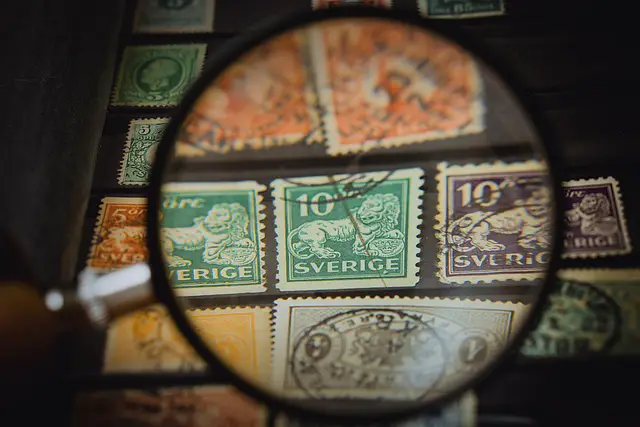There’s a thrilling sense of unraveling the unknown that has always been inherent in metal detecting. Whether you’re a hobbyist seeking for treasures on the beach, an archaeologist in search of historical artefacts, or a gold prospector, you need reliable metal detecting gear to make the most out of your adventure. This article will delve into the essential equipment you need, their functionalities, and tips on choosing the right ones.

An Overview: What Is Metal Detecting and Why Is the Right Gear Crucial?
Metal detecting is a fascinating activity that involves the use of a metal detector to discover hidden metallic objects. For many, it’s a hobby; for others, it’s an occupation. Regardless of your motivation, investing in high-quality metal detecting gear is critical.
The right gear not only enhances your metal detecting experience but also increases your chances of finding valuable items and ensures your safety during the hunt. Now, let’s discover the essential components of a metal detecting equipment kit.
The Essential Components of a Metal Detecting Kit
Metal Detector
At the heart of metal detecting gear lies the main tool: the metal detector. This device can detect the presence of metal within a certain range. It uses an electromagnetic field to sense metal, alerting you via an audible signal or a visual display. When choosing a metal detector, consider factors such as the detection depth, sensitivity, discrimination capabilities, and your intended use (gold prospecting, relic hunting, coin shooting, etc.).
Pinpointer
A pinpointer is a handheld device used for zeroing in on the exact location of your find. Once the metal detector has alerted you to a potential object, the pinpointer will help you pinpoint its precise position, making it easier and faster to unearth your treasure.
Digging Tools
Once your metal detector and pinpointer have done their job, you’ll need something to dig with. The type of digging tool you need depends on the terrain. For sandy areas, a sand scoop is ideal. In more rugged terrain, you may require a digging trowel or a metal detecting shovel.
Headphones
Headphones are particularly useful for detecting subtle changes in tone, which may indicate different types of metals. They also block out external noises that could distract you from your detecting.
Carrying Case
Lastly, a sturdy carrying case is essential to store and transport your metal detecting gear safely and conveniently.
How to Select the Right Metal Detecting Gear?
Choosing the right metal detecting gear can be challenging, given the multitude of options available. So, how do you select the right gear? First, define your purpose for metal detecting. This will determine the type of metal detector and accessories you require.
Secondly, consider your budget. While investing in high-quality gear is crucial, there are options to suit various price points. Do your research and read product reviews to ensure the gear you’re buying offers good value for money.
Lastly, consider your comfort and convenience. Lightweight, ergonomic design, and ease of use are important factors to keep in mind.
Conclusion
Equipping oneself with the right metal detecting gear is the key to a successful and enjoyable metal detecting journey. Remember, the right gear isn’t necessarily the most expensive one, but the one that aligns with your needs, comfort, and budget. May every beep, every signal from your metal detector lead you to a fascinating find. Happy hunting!



